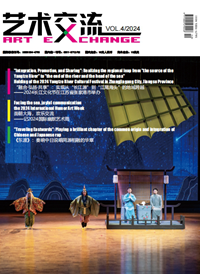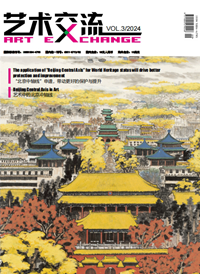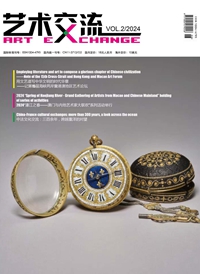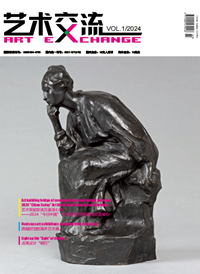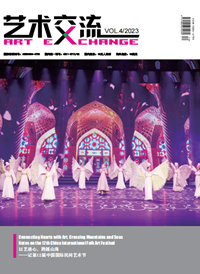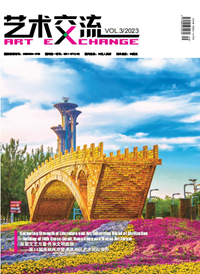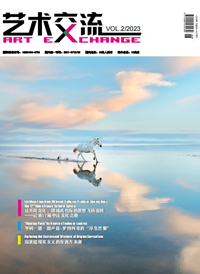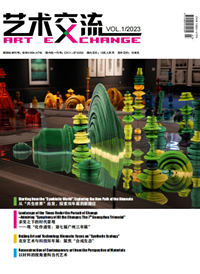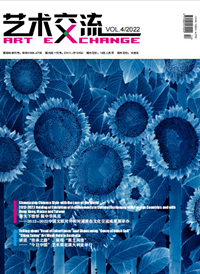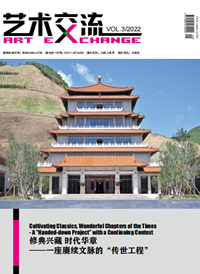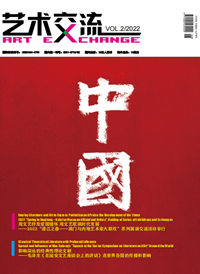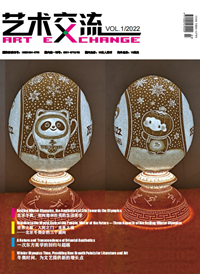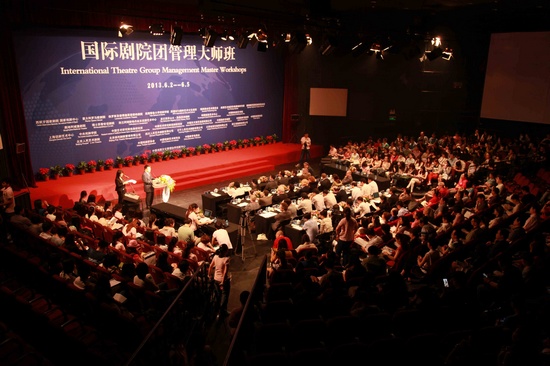
The Opening Ceremony
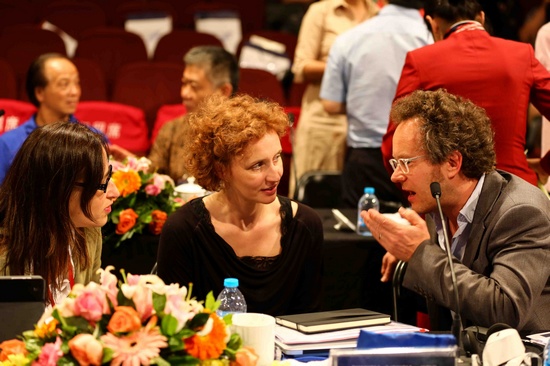
Experts’ Group Discussion
“The world must be peopled.” said Tom Till, art managing director of Schauspielhaus Zurich from Switzerland, in an encouraging way to his counterpart from all over the world. Currently, Europe is confronted with sovereign-debt crisis and China with structural reform. In whatever kind of social system background, theatres all over the world are facing with a common challenge to find their own way of survival.
However, if you make a contrast between theatres from USA, UK, Russia, Spain, Germany, Poland, Sweden, Switzerland, Korea, Netherlands and China, you will find lots of differences in their current situations. On the International Theatre Group Management Master Workshops titled “Theatre Administration and Management in Global Vision” sponsored by China Collaborative Innovation Center for Theatre Arts Management (CCICTAM) from June 2 till 5, managers from Chinese theatre groups are surprised to find that those overseas state-owned theatres are still enjoying tremendous financial support from their government.
With great support from the government, National Theatre of Spain never bothers to think about how to make a profit. Rather, they prefer to focus its collaboration with external organizations or the solutions on how to preserve enduring vitality of theatre arts. As Angel Murcia introduced, the theatre stresses on drama development of local languages and the Latin America that shares the same language with Spain constitutes a key target market. “As a Niche Art, theatre demands a high level of audiences’ appreciation. Without the participation of young audiences, theatre would be out of the question.” Consequently, National Theatre of Spain developed a series of training classes for teenagers and youngsters, and, in collaboration with universities, provided venues for experimental productions, published theatre textbooks and formed a close tie with the public.
It is the same case with Lensoviet Academic Theatre in St. Petersburg of Russia, Schauspielhaus Zurich of Switzerland, Seongnam Culture Foudation and Arts Center of Korea and Tolhuistuin in Amsterdam of Netherlands. “With a good cultural tradition in the Netherlands, our government is equipped with a related complete financial support system.” said Jacques van Veen, Interim Managing Director of Tolhuistuin in Amsterdam of Netherlands. Every year, Seongnam Culture Foudation and Arts Center of Korea will obtain an investment of fifteen million dollars from municipality and Schauspielhaus Zurich of Switzerland only covers 22 till 25 percents of the fund by itself.
Besides talent training in the universities, many theatre has established their own system of talent training. For example, in the Theatre Excellent Talents Project raised by National Theatre of Spain, two or three playwrights would be selected as candidates, and directors would be provided for making their script into reality. Their production would also be promoted as Selected Program of the Theatre as well. Beijing People’s Art Theatre will set up an awarding foundation for young actors and actresses, and jointly establish theatre education base with Beijing 166 Middle School and Experimental School affiliated to Haidian Teachers’ Training School.
The students of theatre in Korea and the Netherlands are comparatively lucky. Korean students will obtain various scholarships from the government as well as increasing investment in theatre from varied investors. With emphasis on originality in art policy, those young artists in the Netherlands that just graduated from universities will make plenty of original theatres.
Compared with those national theatres in Spain, Russia and Switzerland, the theatre ecology in London’s West End is far more commercialized. “With the informing limit of two weeks, we are supposed to tell those investors what the profit looks like. Of course, they expect profits within the two weeks and it is necessary to return their deserved profits to their account on time.” said Roger McCann, “The commercial theatres get no subsidy from the government, but they won helps from those theatre-loving investors”.
Despite great pressure on management, commercial theatres in London still try their best to meet the audiences’ demand from all levels and provide opportunities for all the theatre fans to enjoy their favorite one. Kids enjoy theatre free of charge, families enjoy comfortable service, and designation of Half-price Day and Open Day makes people more likely to watch theatre. As for those disadvantage groups, theatres will resort to various collaborations with local foundations so as to encourage their attendance at theatres.
Publicity expansion, resources integration, communications with the statesman and activating theatre audiences are another kind of way for British theatre professionals like Roger McCann to pursue their ideals besides making their living.
“There will always be more methods than problems.” Yu Feng said frankly from the bottom of his heart, regardless of differences in the theatre systems both at home and abroad. His words encouraged all the theatre professionals to explore new approach against all the difficulties so as to win the respect and social benefit that theatre arts well deserve. International Theatre Group Master Workshop is just a measure of introducing overseas advanced management experiences by Chinese counterparts. On the other hand, through such a kind of reflection, we are quite satisfied with what we have learned so far because we have promoted our good practice and experience to overseas peers while we learnt a lot from them. In face of audiences and market, collaboration becomes the invariable choice for the global theatre circles. As Agnieszka Korytkowsa-Mazur, director of Aleksander Wegierko Drama Theater in Bialystok of Poland, concluded, “Theatre is always in pursuit of being common. Only with audience orientation and spirit of equality can theatre last from generation to generation”.



